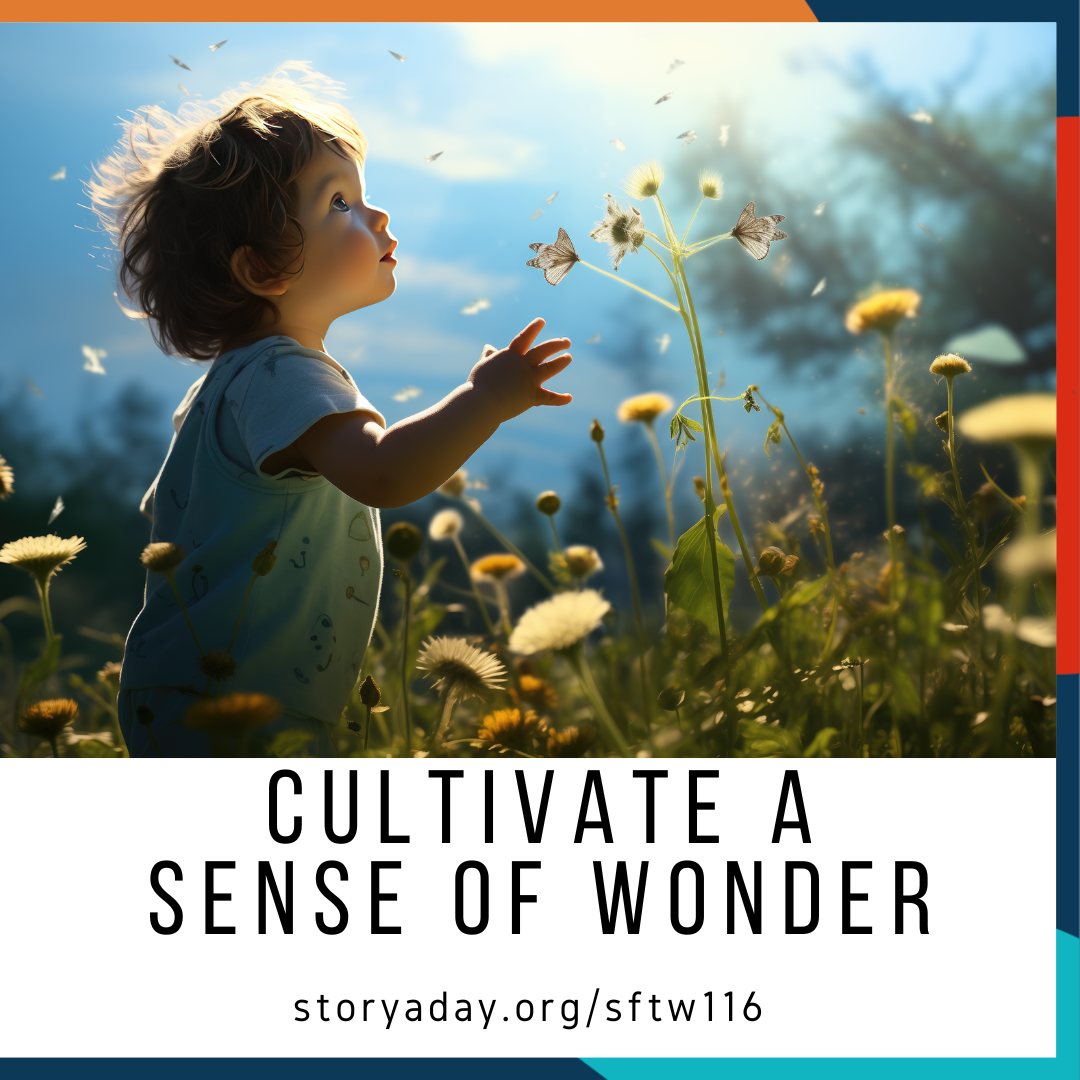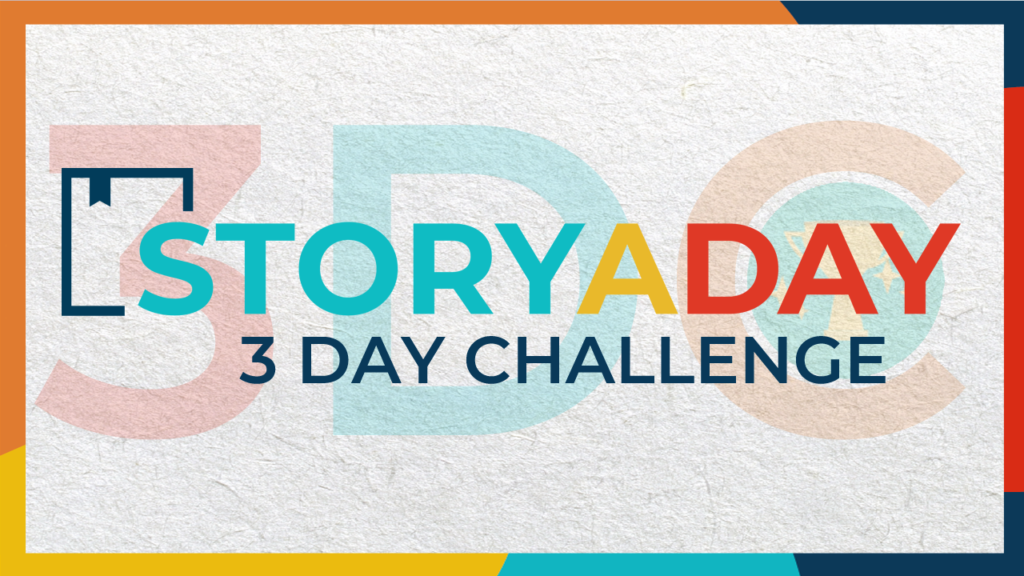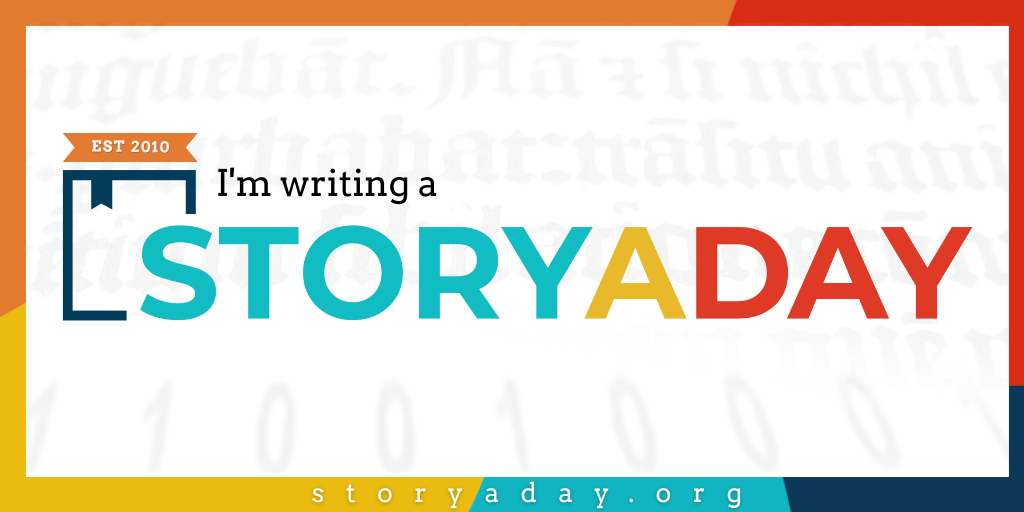We writers can be in such a rush–to get this project finished; to submit; to hit the best-seller list; to make our fortune—that it’s easy to get discouraged. It can feel like we’re not making progress if the writing is slow, or ‘successes’ don’t come often.
But writing isn’t just one thing. And none of the activities that make up a writing life are particularly quick.
- Developing ideas takes time
- Drafting takes time
- Revising and rewriting benefits from time and space.
- Improving our skills demands time, and experimentation, and wrong turns.
It’s OK to be what my friend, coach Jennie Mustafa-Julock, calls “impatiently ambitious”. At the same time, we have to cultivate patience for the parts of the practice that just go…well, slowly.
The Benefits of ‘Slow and Steady’
This idea of ‘going slow’ has come up a couple of times in the Superstars community, this week.
“I’ve had to come to terms with the fact that I’m a really slow writer,” said one person, who writes beautiful, immersive stories.
“I’m embracing being slow,” said another writer, who I’m watching make huge strides in their practice.
World-class athletes, actors, and musicians spend a lot of hidden time practicing their craft; only occasionally stepping onto the big stage to perform.
We writers spend a lot of times doing work that doesn’t end up in front of anyone else. And that’s OK, especially when we are focused on improving our skills.
Couture Vs. Fast Fashion
In a world of fast fashion, people still crave a tailor-made suit, a custom-fitted wedding dress, and a beautifully hand-crafted hat. And those who can, value that quality enough to pay premium rates for it.
In this moment of instant-access to information, and AI-everything, there’s a lot to be said for slowing our creative lives down to a human (humane?) pace.
Let’s reclaim the time and space for deep thought, wrong turns, course-corrections, and insights that only come with prolonged effort.
These are the spark of humanity – of creativity–that AI can never replace.
Spend some time this week giving yourself the chance to stare into space, make some mistakes, erase some words, and write something nobody will ever see, just for the sake of having done it.
P. S. Want to put some craft-building writing time on your calendar this week? Try the 3-Day Challenge, a self-paced journey through the short story.






